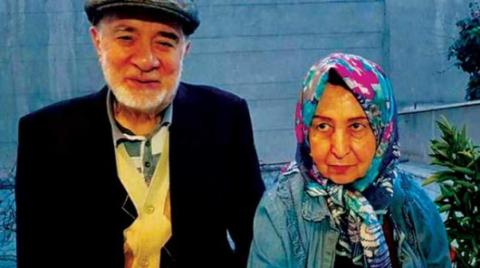
Iranian Parliament Second Deputy Ali Motahari revealed on Saturday that judiciary and security officials have promised to end the house arrest against opposition leaders Mehdi Karroubi, Mir-Hossein Mousavi and Zahra Rahnavard by the end of the current calendar year, which ends on March 20.
Speaking to reporters, Motahari said certain measures have been taken in recent months in this regard. “We are waiting to see if they deliver what they promised,” Motahari said, according to ISNA.
Karroubi, Mousavi and his wife, Zahra Rahnavard, were placed under house arrest after they insisted on their claims of vote-rigging and called for protests.
However, Motahari waved back to political pressure and repeated protests if promises to lift house arrest did not produce concrete results before the end of the current year.
It is not yet known the position of influential conservatives on the case. Revolutionary Guards chief Mohammad Ali Jafari and the chairman of the Guardian Council said last month that the Green Movements protests in 2009 were aimed at ‘toppling’ the regime.
Protests began the night of 12 June 2009, following the announcement that former President Mahmoud Ahmadinejad won nearly 63% of the vote, despite several reported irregularities. However, all three opposition candidates claimed the votes were manipulated and the election was rigged, with Rezaee and Mousavi lodging official complaints.
At the end of last month, Mousavi’s two daughters announced that authorities had allowed them to meet with their parents at any time of the day and without setting a date earlier, eight months after the last time the authorities allowed them to enter the place of the house arrest.
Authorities imposed house arrest under a decision issued by the Iranian National Security Council in February 2011.
The house arrest against Mousavi and Karroubi entered its seventh year.
Mousavi was prime minister between 1980 and 1988 with the support of the former Iranian Supreme Leader Ruhollah Khomeini, and the attempts of current Supreme Leader Ali Khamenei to isolate Mousavi, who was close to Revolutionary Guards chief Mohsen Rezaee, were unsuccessful at the time.
Before the imposition of house arrest, Green Movement supporters took to the street in solidarity with the Arab Spring revolutions in Tunisia and Egypt.
A team of analysts suggests that the Green Movement protests began under Mousavi and Karroubi but later turned into anti-regime protests.
Lifting house arrest was among the most important campaign promises in the 2013 presidential elections.
Incumbent President Hassan Rouhani justified the delay in carrying out his internal promises by focusing his government on the nuclear agreement and lifting the sanctions.
In the 2016 election, Rouhani returned to the promise of lifting house arrest, but his delay in moving forward caused discontent among his reformist allies, who criticized him during his swearing-in for not explicitly speaking about house arrest against reformist leaders, as he did in the elections.












